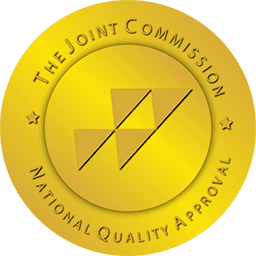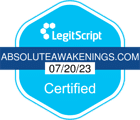Telltale Signs of Opiate Addiction
How can you tell if a loved one is struggling with opiate addiction? A few telltale signs can help you determine what’s going on.
Opiates/opioids are prescription medications used to treat mild to severe pain. They work on the central nervous system by activating Mu receptors in your brain. When these receptors are activated, they release the “feel-good chemicals” known as endorphins and tell your brain that you are not really in pain. Opiates/opioids promote relaxation and produce an intense calming effect. When taken in high doses, opiates/opioids produce a euphoric feeling, making these medications and substances highly addictive.
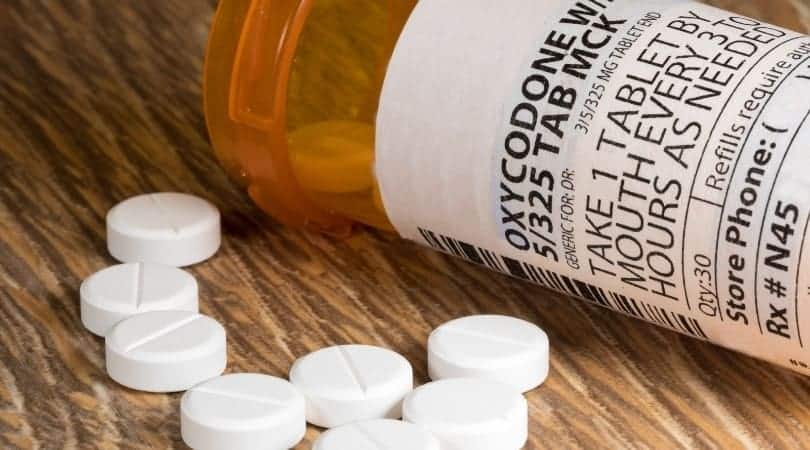
Opiates Vs. Opioids
Often the words opiates and opioids are used interchangeably because they produce the same effects, but there is a difference. Opiates are derived from opium, a naturally occurring substance in poppy plants. Opioids are synthetic or “man-made” substances that are manufactured to mimic the effects of opium.
Opiate and Opioid Addiction
Our country is in the midst of an opioid crisis. An individual gets injured or has surgery and is prescribed an opiate, short-term, to treat their pain. They start taking the medication as prescribed and quickly realize it not only takes away their physical pain but also the mental pain they have been experiencing for years. They continue taking the medication even though their physical pain is gone and there is no longer a need for it. Then, one day, they try to stop taking the medication or go without it and experience very uncomfortable withdrawal symptoms. At this point, they have become physically dependent on opiates.
When a person has become physically dependent on opiates, some will continue taking the medication out of fear of experiencing debilitating withdrawal symptoms. They eventually develop a tolerance, so more and more medication is needed to achieve the same effects. This behavior continues, and they go to great lengths to get more opiates. Once here, the individual has developed an addiction.
Common Signs of Opiate and Opioid Addiction
According to a publication put out by the CDC, these are the signs of opiate addiction.
A major warning sign of addiction is if a person keeps using opioids even though taking them has caused problems before—like trouble keeping a job, relationship turmoil, or run-ins with law enforcement. Other signs can include:
- Trying to stop or cut down on drug use but unable to.
- Using drugs because of being angry or upset with other people.
- Taking one drug to get over the effects of another.
- Making mistakes at school or on the job because of using drugs.
- Drug use hurts relationships with family and friends.
- Being scared at the thought of running out of drugs.
- Stealing drugs or money to pay for drugs.
- Being arrested or hospitalized for drug use.
- Developing tolerance and needing larger amounts of drugs to get the same effect.
- Overdosing on drugs.
Opiate addiction is a substance use disorder. A substance use disorder is when a person continues taking a substance despite the health issues and disruptions it is causing with work, school, or home life.
A substance use disorder is diagnosed based on 11 signs. If a person has experienced at least 2 of the 11 symptoms within the last year, they are considered to have a substance use disorder, according to the American Psychiatric Association or DSM-5. These most common opioid abuse symptoms are:
- Taking a substance for longer than intended and in larger amounts.
- Unsuccessful efforts to control the use.
- Spending excess time trying to obtain, use, or recover from a substance.
- Having strong urges or cravings to use the substance.
- Having repeated issues with work, home, or school obligations.
- Withdrawal from friends, family, social, occupational, or recreational functions.
- Repeatedly using in hazardous situations.
- Continuing to use it despite the physical and psychological issues it is causing.
- Needing more of the drug to achieve a high.
- Having withdrawal symptoms when trying to stop taking the substance.
Treatment for Opiate Addiction
If you or someone you love is struggling with an addiction, our addiction specialists are available around the clock to assist you. Absolute Awakenings is committed to providing long-lasting recovery for those who are suffering. We know that recovery is not a one size fits all approach, so we tailor our treatment to provide a unique experience for each individual. So what are you waiting for? Let us help you get on the road to recovery today!
References
- Cohen B, Ruth LJ, Preuss CV. Opioid Analgesics. In: StatPearls. StatPearls Publishing; 2022. Accessed January 16, 2023. http://www.ncbi.nlm.nih.gov/books/NBK459161/
- Pilozzi A, Carro C, Huang X. Roles of β-Endorphin in Stress, Behavior, Neuroinflammation, and Brain Energy Metabolism. Int J Mol Sci. 2020;22(1):338. doi:10.3390/ijms22010338
- Recovery Is Possible | Rx Awareness | CDC Injury Center. Published August 12, 2020. Accessed January 16, 2023. https://www.cdc.gov/rxawareness/treatment/index.html
- Hartney E. The Symptoms Used to Diagnose Substance Use Disorders. Verywell Mind. Published August 25, 2022. Accessed January 16, 2023. https://www.verywellmind.com/dsm-5-criteria-for-substance-use-disorders-21926
